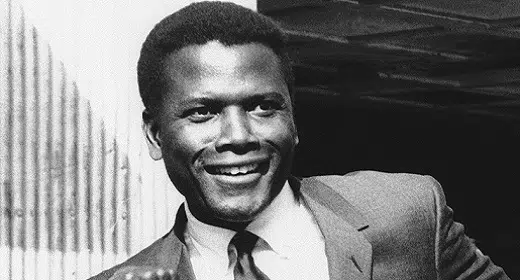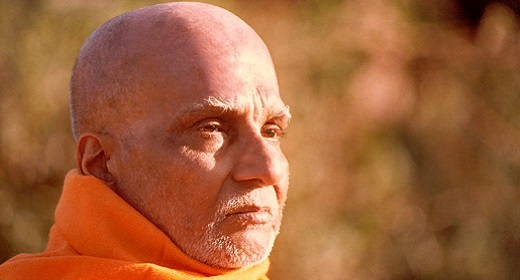by Char Adams: Sidney Poitier, who was one of America’s most iconic movie stars and a barrier-breaking pioneer for Black America, is known just as much for his activism as for his on-screen talents…
 ier was very supportive of the civil rights movement. He attended the March on Washington and supported the movement with money and the like,” Gerald Early, professor of African American studies at Washington University in St. Louis, told NBC News following the actor’s death Friday at 94.
ier was very supportive of the civil rights movement. He attended the March on Washington and supported the movement with money and the like,” Gerald Early, professor of African American studies at Washington University in St. Louis, told NBC News following the actor’s death Friday at 94.
“He was very committed to the civil rights movement and was along with people like Jackie Robinson, Harry Belafonte, Sammy Davis Jr. That was a very important part of his image and his commitment — how he saw himself as an actor.”
By all accounts, Poitier’s rise to stardom coincided with the civil rights movement. He won his historic Academy Award for best actor for “Lilies of the Field” in 1964, the same year the Civil Rights Act was ratified.
The weight of racial responsibility was heavy throughout his career. And as a matter of principle, he avoided roles based on racial stereotypes and instead opted to play dignified, well-respected men on screen. This was part of his activism.
“It’s a choice, a clear choice,” Poitier said in a 1967 interview, according to The New York Times. “If the fabric of the society were different, I would scream to high heaven to play villains and to deal with different images of Negro life that would be more dimensional. But I’ll be damned if I do that at this stage of the game.”
Amid the burgeoning civil rights movement, Poitier and his then-wife, Juanita Hardy, hosted well-known activists at his home, according to People.
He and Belafonte, his close friend, fellow activist and performer, went to Greenwood, Mississippi, in 1964 for Freedom Summer. Moved by the deaths of three civil rights workers killed after trying to register African Americans to vote, the pair stuffed at least $70,000 cash in a bag to help fund voting rights efforts.
Poitier attended Martin Luther King Jr.’s March on Washington in 1963 and attended his funeral in 1968. He participated in a march to honor James Meredith, the first Black person to attend the University of Mississippi, who was killed that year during a civil demonstration.
Rev. Bernice King, Martin Luther King Jr.’s daughter, tweeted a photo of Poitier on Friday, writing, “Poor People’s Campaign, Resurrection City, Washington, D.C., May 1968 Powerful beyond the stage and screen.”
Poitier’s characters on the screen were widely acceptable to white audiences, even as he broke barriers for Black actors. But he faced criticism from those who considered him as being too palatable and deferential to white audiences, especially as Black Power and other more militant movements rose to prominence in the late 1960s.
“He suddenly went from being the lone representation of his race to being unfairly castigated as the man who apologized for being Black,” film critic Elvis Mitchell told NPR. “And he was just working, he wasn’t in control of the movie business, he didn’t choose to make the movies — he chose to be in them, because he just wanted to work.”
After his acting career, Poitier served as the Bahamian ambassador to Japan from 1997 to 2007. Poitier, who holds dual citizenship in the U.S. acted as ambassador from afar as the Bahamas did not have an embassy in Japan. He was made an honorary Knight Commander of the Order of the British Empire by Queen Elizabeth II in 1974. And in 2009, then-President Barack Obama awarded him the Presidential Medal of Freedom.
The center of Poitier’s activism was his principles on screen with his commitment to avoiding stereotypes. His career spanned decades and he became a major box-office draw and paved the way for other Black actors. He delivered masterful performances in classics such as “In the Heat of the Night,” “Guess Who’s Coming to Dinner,” “A Patch of Blue,” “To Sir, With Love,” and many others.
“I felt very much as if I were representing 15, 18 million people with every move I made,” he once wrote.








































